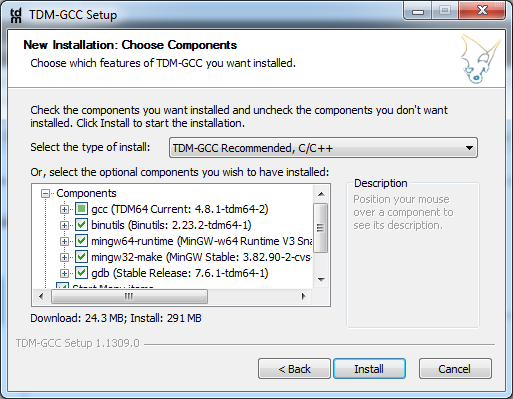
Let me know of your particular details, tips or tricks so I can include them here and at the tutorial.This is my first question here even though I've been a member for some Frankly, I do not bother zipping the files that are a maximum of 512 kB.įeel free to contact me here or at the AtariAge Lynx Programming forum if you run into problems you cannot fix. I’ll figure out where to get the zip.exe tool to have this succeed as well. You might notice in the output that the final stage of zipping the cart.lnx file didn’t happen correctly. Run make.exe and everything should run smooth when the setup is okay. Use either Git for Windows tooling or Visual Studio (or whatever else you might have for that).Īfter cloning the Shaken repo, start the command prompt we created before and navigate to the root of the repo. As before, create a clone of Karri’s Git repository for Shaken by using this clone url. You can try your installation by compiling the sources of a homebrew game called “Shaken, not stirred”. An example: “Shaken, not stirred” by Karri Kaksonen Now double-click the shortcut and a command prompt should open that looks like this: Give the shortcut a fancy name like ‘CC65 Tools Command Prompt’. The cogwheel icon of the shortcut should change to the familiar black command prompt. %comspec% /k “%PROGRAMFILES%\cc65\cc65vars.bat”Ĭhange the ‘Start in’ field to %PROGRAMFILES%\cc65\ and fill in ‘Open CC65 Tools Command Prompt’ in the Comment field. Choose Properties and edit the Target field. Go to your desktop and right-click the shortcut.

Then create a shortcut by right-clicking the cc65vars.bat file and choose Send To > Desktop (Create shortcut) from the context menu. Save the file as cc65vars.bat in your CC65 installation directory (probably C:\Program Files\CC65). Examine the script, then after you have verified it is benign copy and paste it to a text file.

Part 2 contains some instructions to create the permanent environment exist %CC65_HOME%\wbin LD65_OBJ=%CC65_HOME%\objīelow is a batch script that can do the same for you.

You can read more about this in part 2 of the Lynx programming tutorial, but for your convenience here is the lowdown:Īnd your PATH variable should contain the MinGW msys bin path and the CC65 base directory. Environment variablesĬC65 needs a couple of environment variables for all tools to work correctly. I will show you how to do some more setup of your Windows installation to be able to compile homebrew projects.

As a follow-up to my post on compiling the sources for CC65 here are some instructions to compile homebrew projects without a graphical user interface or Integrated Development Environment (IDE) like Visual Studio or CodeBlocks.


 0 kommentar(er)
0 kommentar(er)
